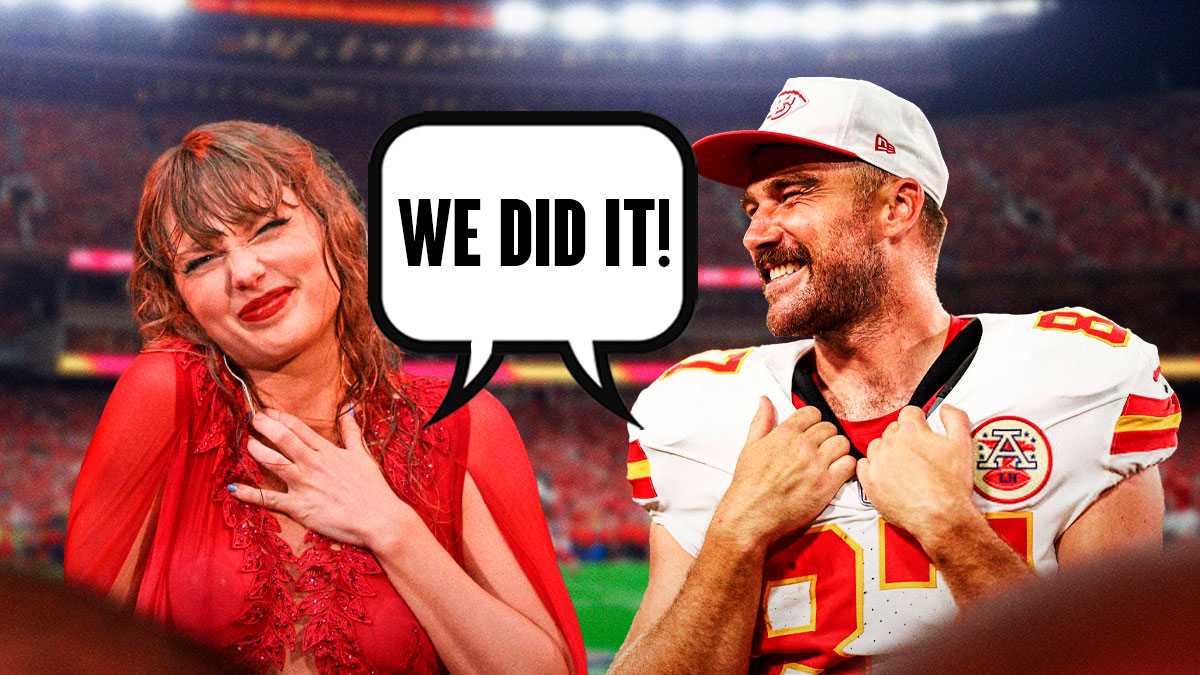Blog entry by Danilo Paulsen
In a turn of events that has stirred both controversy and debate within the literary and culinary worlds, Jamie Oliver, a renowned chef and author, has found himself at the center of a heated discussion following the withdrawal of his latest children's book from shelves. The decision to pull the book came after a wave of criticism over its content, which was deemed offensive to Indigenous Australians. This incident has sparked a larger conversation about cultural representation, respect, and the responsibilities of authors and publishers in a globalized world.
 The
book, intended to introduce young minds to the joys of cooking
while exploring global cuisines, inadvertently crossed a line for
many, due to its portrayal and inclusion of certain Indigenous
Australian foods and cooking methods. Critics argued that the
depiction was not only misleading but also perpetuated
stereotypes and overlooked the complex histories and traditions
surrounding these foods. Furthermore, there was a significant
outcry over the lack of consultation with Indigenous communities,
a step that many believe is crucial in ensuring respectful and
accurate representation.
The
book, intended to introduce young minds to the joys of cooking
while exploring global cuisines, inadvertently crossed a line for
many, due to its portrayal and inclusion of certain Indigenous
Australian foods and cooking methods. Critics argued that the
depiction was not only misleading but also perpetuated
stereotypes and overlooked the complex histories and traditions
surrounding these foods. Furthermore, there was a significant
outcry over the lack of consultation with Indigenous communities,
a step that many believe is crucial in ensuring respectful and
accurate representation.
Jamie Oliver's team initially defended the book, highlighting its intention to educate and inspire. However, as backlash grew, it became clear that the concerns raised by Indigenous groups and their allies could not be overlooked. In a statement released by his publishing company, Oliver expressed his sorrow over the unintentional offense caused and announced the decision to withdraw the book from circulation. He stressed the importance of listening to and learning from the feedback and pledged to engage more closely with Indigenous communities in future projects.
The fallout from this incident is multi-faceted. On one hand, it has sparked a crucial dialogue about the importance of cultural sensitivity and the need for due diligence in research and representation, especially in works aimed at instructional purposes. It serves as a reminder that even well-intentioned efforts can fall short if they fail to consider the voices and experiences of the cultures they seek to represent. On the other hand, it has also prompted discussions about censorship, creative freedom, and the right to make mistakes in the public domain.
This situation underscores the growing demand for inclusivity and accuracy in literature and media, calling on authors, publishers, and creators to hold themselves to higher standards of cultural competency. The withdrawal of Jamie Oliver's book is not just about a single flawed project but reflects a broader shift towards more mindful, respectful engagements with cultural content.
As the dust settles, many hope that this incident will serve as a learning opportunity for all involved. For Jamie Oliver, it is an invitation to rebuild trust with Indigenous communities and audiences at large, possibly leading to collaborations that elevate and honor the very cultures that were inadvertently misrepresented. For the publishing industry and creative sectors more broadly, it is a stark reminder of the importance of doing the work—of consulting, of listening, and of constantly striving for authenticity in the stories we choose to tell.
When you have just about any questions concerning exactly where along with how you can employ Jennifer Garner and BF John Miller Put on Loved-Up Display on Romantic Stroll (https://www.aceshowbiz.com/), it is possible to e mail us in our own internet site.
